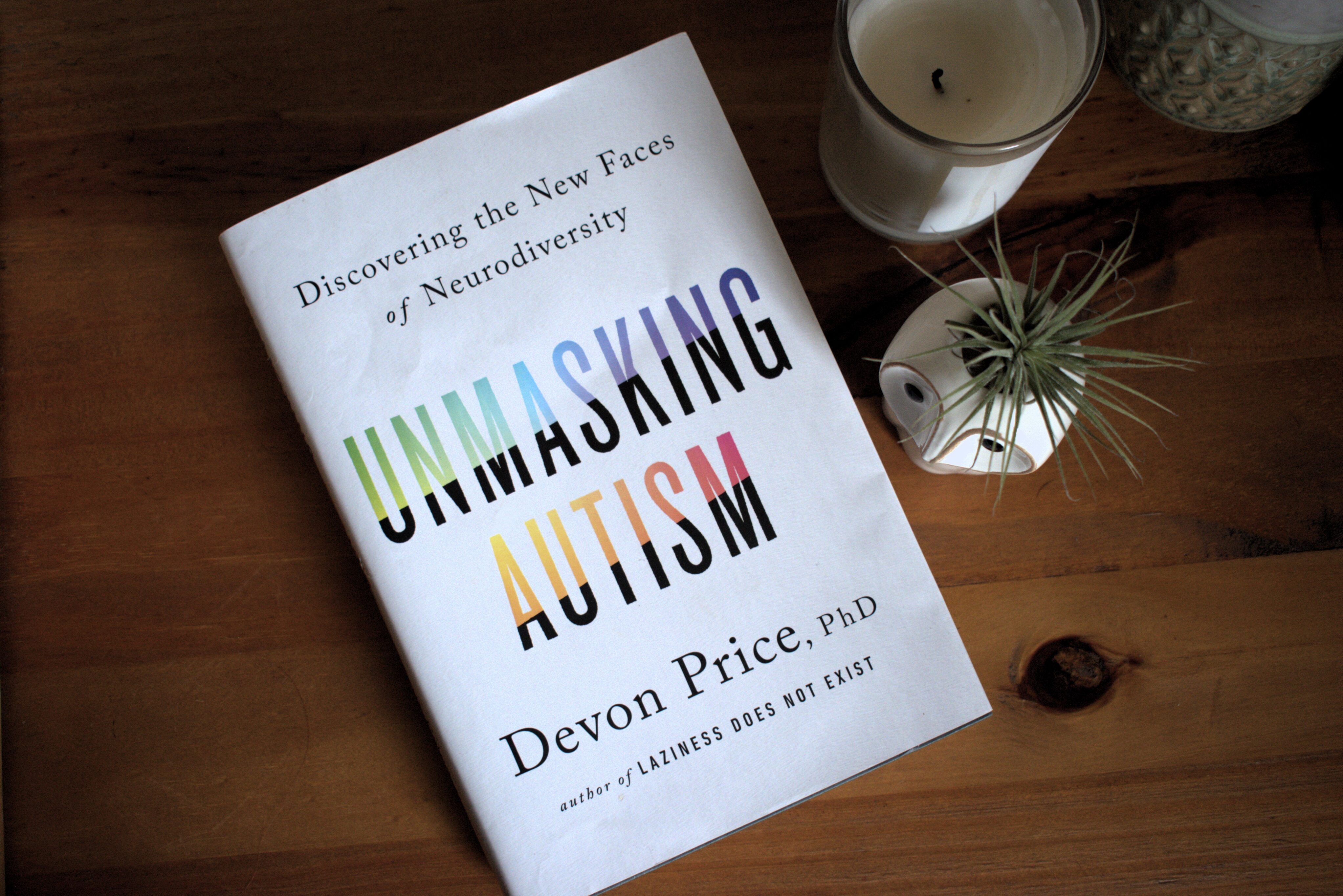Life of Noveltea participates in affiliate marketing programs for products I love, including Amazon Affiliates. I may earn a commission on purchases made through my links at no extra cost to you. Thanks for supporting my work!
An autism diagnosis as an adult can be overwhelming. Here are the autism resources that I found most helpful when I was diagnosed. I’ll continue to add to this list as I find more.
Where do you even begin?
There are a few different places to find autism resources for adults. I’ve used books, websites, and social media resources the most. I’m a bookworm, so finding books on the topic was my first instinct. However, my therapist pointed me to some great websites and suggested I look for Autistic accounts on social media like Instagram, YouTube, and TikTok. Where you start is your personal preference. Websites and social media are free, of course, but you can check your local library for books on my booklist.
What resources are the best?
Personally, I think it’s really important to find autism resources that are neurodivergence affirming. What does that mean? Up until recently, most information about autism treats it as a condition that needs to be “cured.” Resources that take this stance may talk about “low functioning” vs “high functioning” autism and support the use of Applied Behavior Analysis (ABA therapy). Many Autistic adults are speaking out now about how damaging ABA therapy was to their sense of self and emotional well-being.
Instead of viewing autism as a deficit or disease that needs to be treated, neurodivergence-affirming sources support the idea of autism as a difference. Neurotypical brains function in specific ways and have a certain type of structure that is more common in the general population. Autistics have differences in brain structure that fundamentally affect how they process information and set them apart from neurotypicals. However, that doesn’t mean it’s inferior or needs to be changed.
The focus within neurodivergence-affirming resources is on learning to recognize and cultivate the strengths of Autistic individuals while supporting them in challenges that arise from living in a society built around the neurotypical experience. In this vein, these resources may talk about low-support or high-support needs when describing where an individual is on the spectrum (rather than labeling someone as high-functioning or low-functioning). They also place autism as a key feature of identity that should be respected and accommodated.
Autism resources that are books
Welcome to the Autistic Community is a free book you can read online. Nine short chapters provide a quick, pithy introduction to autism and what it means to be Autistic. It’s a good introduction after your diagnosis if you don’t know much about autism (like me!).
Unmasking Autism by Devon Price, PhD. I had to read this one twice to take it all in fully. Reading parts of it was overwhelming because so much of it was similar to my own experience, and I never expected to see that reflected in anyone else’s experiences. This book has excellent chapters like
- Rethinking Autism
- Building an Autistic Life,
- and Cultivating Autistic Relationships
Looking After Your Autistic Self by Niamh Garvey. Learning more about our stress response can lead to a better quality of life for masked Autistics. So much of what we experience on a sensory level triggers stress on a spectrum of “that’s annoying” to “it feels like I’m actually dying right now” panic, not to mention the social stress that goes with being Autistic. This book helps you work through identifying triggers and provides tips and tricks for de-escalating your stress response.
Taking off the Mask by Dr. Hannah Loise Belcher is a guide for learning more about why and how we camouflage, and how we can learn to be more authentically our Autistic selves. Camouflaging and the effort it takes to participate in social settings as a masked Autistic can really take a toll on mental and emotional health.
Drawing Autism by Jill Mullin. A look at Autistic artists and their work. As an artist, I really enjoyed seeing the work of so many other Autistic artists in one place.
Websites for autism resources
Embrace Autism is a website designed by Dr. Natalie Engelbrecht and Eva Silvertant. There is a great blog with lots of informative articles and a selection of free autism tests. The tests are helpful for starting a conversation with your therapist or deciding if you want to pursue a formal diagnosis. My therapist sent me a link to this website when we started talking about my sensory issues.
Altogether Autism is an organization in New Zealand. Their website includes articles and the Altogether Autism journal that you can read for free. It’s a great resource for information based on the autistic perspective and identity. The overall vibe is very supportive and affirming, with a practical approach.
The National Autistic Society is based in the UK. Their website page What is Autism? is a helpful introduction to the Autistic experience and includes a good video introduction. They also publish The Spectrum magazine, which they say is “the UK’s largest collection of autistic art, poetry, and prose.”
Welcome to the Autistic Community is both an online book (see above) and a website. The Welcome to the Autistic Community resource page has a collection of helpful articles to browse.
Association for Autism and Neurodiversity. The mental health and wellbeing section of their website is really good.
Social media autism resources
Mom on the Spectrum with Taylor Heaton. I’m not a mom, but like Taylor I was diagnosed in my 30s. Her perspective is mature and meticulously presented. She also does a fun series called Neurodivergent Bingo that makes me giggle because it’s truly relatable.
Neurodivergent Rebel provides a dose of neurodivergent and kickass winged eyeliner. I love her punk, unfiltered approach to life on the spectrum.
Matt Ricardo is a comedian, circus performer, and writer. That’s basically all of my favorite things (Besides being a writer, I can juggle and used to ride unicycle. . . I know, Autistics and our special interests, am I right?) Anyway, I stumbled on his vlog about being diagnosed Autistic at 54 when I was down a YouTube rabbit hole and it really resonated with me. He talks very openly about how the diagnosis is a lot to think about, and not all of it is happy thoughts. #CanRelate.
Woodshed Theory. Another woman diagnosed in her 30s. Go team! Claire is adorable and crafty and I love her blend of autistic ramblings on her Porch Coffee series and hearing about her Etsy business.
Paige Layle is 23 and has a social activist/autism advocate aspect to her videos that’s really engaging.
Kaelyn Partlow is an autistic therapist, advocate, and speaker. She has some content on YouTube, but I see more of her videos on TikTok and Instagram.
Read more about my experience with late diagnosed autism
Being diagnosed with autism in my 30s has been unsettling, affirming, and disorienting at the same time. You can read more about the process in my article My Experience with Late Diagnosed Autism. Hopefully, you can learn from my experiences and this list of resources will give you a good starting point for reorienting yourself post-diagnosis as an adult with autism.






